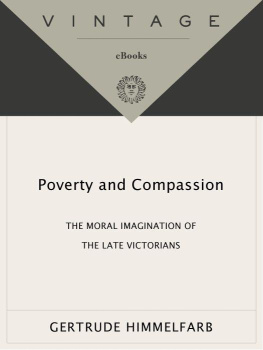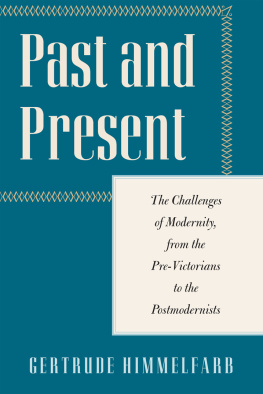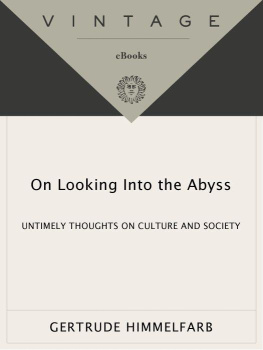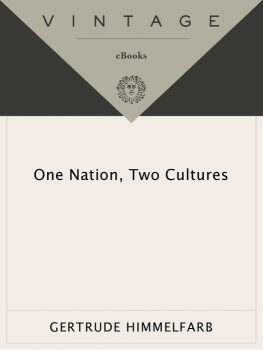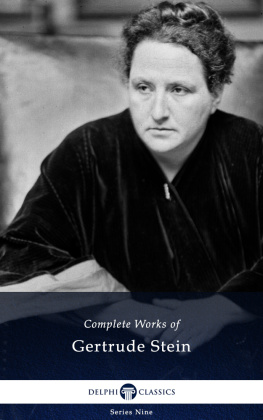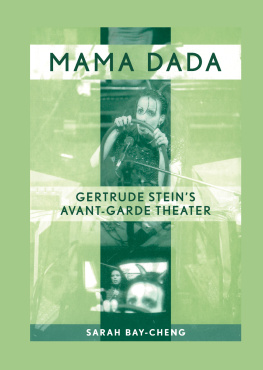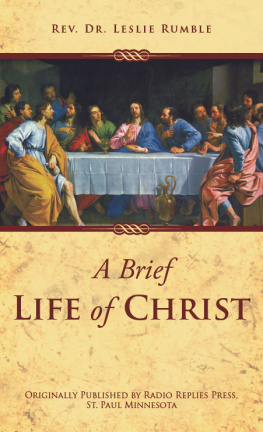Prologue
The scholarly literature on antisemitism is voluminous, reflecting the painstaking attempts by historians to recover and recount the long and horrendous history of antisemitism. The literature on philosemitism, on the other hand, reflecting a favorable view of Jews, is meager, not only because the evidence is slighter and less dramatic than antisemitism but also because it does not challenge the imagination or the indignation of scholars. The discrepancy between the two is understandable but unfortunate, for it reduces Judaism to the eternal recurrence of persecution and the struggle for survival. It also has the effect of debasing Jews, objectifying them, making them not subjects in their own right but the objects, if not of hatred and contempt, then of pity and pathos.
Shortly after the end of World War II, the French philosopher Jean-Paul Sartre published Rflexions sur la question juive, retitled, for the English edition, Anti-Semite and Jew. It is there that he coined the much-quoted aphorism: It is not the Jewish character that provokes antisemitism. It is the antisemite who creates the Jew. He then proposed, as the necessary and sufficient solution to the Jewish question, a socialist revolution that would finally eliminate antisemitism. That solution has long since been discredited. But what has persisted is the image of the Jew as the perennial victim and martyr, of Judaism as an outmoded and discredited creed, and of Israel as the refuge of harried Jews seeking asylum from prejudice, oppression, and, possibly, another Holocaust.
It is not only non-Jews who have this image of Jews. Nor is it a recent phenomenon, an all-too-plausible response to the Holocaust. It was in 1928 that a young Jewish historian, Salo Baron, a recent immigrant to America from Austria, wrote an article in the Menorah Journal deploring the lachrymose theory of Jewish history which had been perpetuated by the eminent nineteenth-century German-Jewish scholar Heinrich Graetz. That article was written well before the Holocaust, but Baron, who went on to write a massive history of the Jews, persisted in his critique of that view of Jewish historyin spite of the fact that his own parents were killed in the Holocaust.
For other Jews, however, seared by the experience and the memory of Nazism, the Holocaust has become the defining event, not only of modern Jewish history but of Judaism itself. The philosopher and rabbi Emil Fackenheim, himself a refugee from Nazi Germany (having escaped from a concentration camp), gave memorable expression to this view in his creation of a 614th Commandment, supplementing the traditional 613 mitzvot binding on Jews. The new commandment enjoins Jews to remain Jews lest they give a posthumous victory to Hitler. This is a dramatic dictum reflecting a deeply moving sentiment. It has, however, the unwitting effect of giving Hitler precisely that posthumous victory by permitting him to intrude into the venerable declaration of faith.
A history of philosemitism may help counteract this lachrymose view of Jewish history. This is not to deny or belittle the history of antisemitism, which reached its apogee in the Holocaust, but rather to complement it by revealing another aspect of Jewish experiencethe respect, even reverence, for Jews and Judaism displayed by non-Jews before and after the Holocaust. This new history, a counter-history, so to speak, is needed now more than ever, to put in perspective the recent resurgence of antisemitism throughout the world, which has produced, in turn, a formidably scholarly literature on the history of antisemitism. It was the request I received within a week or so from different journals to review three such histories, published within months of each other, that prompted me to undertake this study. Surely, I felt, Judaism is more than the history of antisemitism. Surely Jews deserve to be definedand are in fact defined, by others as well as by themselvesby those qualities of faith, lineage, sacred texts, and moral teachings that have enabled them to endure through centuries of persecution.
The resurgence of antisemitism is most ominous in England because it is so discordant, so out of keeping with the spirit of the country. In 1999, the final chapter of a book on philosemitism in the English-speaking world opened with the comforting assertion that where antisemitism was once the norm and philosemitism the exception, now the situation has been reversed; philosemitism is now the norm and antisemitism the exception. Indeed, antisemitism in the mainstream has declined to such an extent that it has virtually disappeared, or may well be seen as on the way to disappearance within a generation or two.
That conclusion may be overly pessimistic. In any case, a history of philosemitism may well start with England, which, more than any other country, has produced, over the past several centuries, a rich literature of philosemitism, reflecting the principles and policies that have made modern England a model of liberality and civility.a
The word philosemitism, however, has its difficulties. Applied to earlier periods of history, it is, strictly speaking, an anachronism. But so is antisemitism. Both words originated in Germany about the same time. Antisemitismus appeared in 1879 in a book by Wilhelm Marr, Der Weg zum Siege des Germantums ber des Judentums (The Way to Victory of Germanism over Judaism), and in the title of the organization he founded, the League of Antisemites. The following year the highly regarded (and avowedly antisemitic) historian Heinrich von Treitschke, in a speech in the Chamber of Deputies, referred contemptuously to the blind philosemitic zeal of the party of progressJew-lovers, one might say, who sympathized with the Jews during the recent wave of attacks on them in Germany. (Treitschke also has the distinction of having coined the phrase, later adopted by the Nazi journal Der Strmer as its motto, Die Juden sind unser UnglckThe Jews are our misfortune). The word philosemitism was soon picked up by other German antisemites in the same derogatory sense. Thus both words, antisemitism and philosemitism, were invented in Germany by antisemitesantisemitism used approvingly, philosemitism disparagingly.
Both words, anglicized, made their initial appearance in England soon afterwards, but with reversed connotations, antisemitism becoming a negative, critical word, and philosemitism a positive, commendable one. But while antisemitism (and its variants, antisemite and antisemitic) immediately entered the English vocabulary, philosemitism was much slower in doing so; indeed it still lags far behind.
One of the difficulties with philosemitism is that the word itself is something of a misnomer. The literal meaning is love of Jews (by non-Jews, presumably). Yet love, in this context, may be an overstatement, as the Oxford English Dictionary implicitly recognizes. Translating almost all the other compound words starting with philo as love of or fondness ofphilotheism, for example, is love of Godthe OED makes an exception of philosemitism, defining it as in favor or support of Jews. But if philosemitism generally implies something less than love, it also implies something more than tolerance or toleration, ideas that, to a philosemite, may seem condescending or patronizing. One may tolerate, after all, that of which one disapproves. Goethe put it more eloquently: Toleration should really only be a transitory attitude. It must lead to recognition. To tolerate is to insult. On some occasions and for some ChristiansEvangelicals, most notablyphilosemitism goes beyond recognition to reverence or adulation, something very like love.




